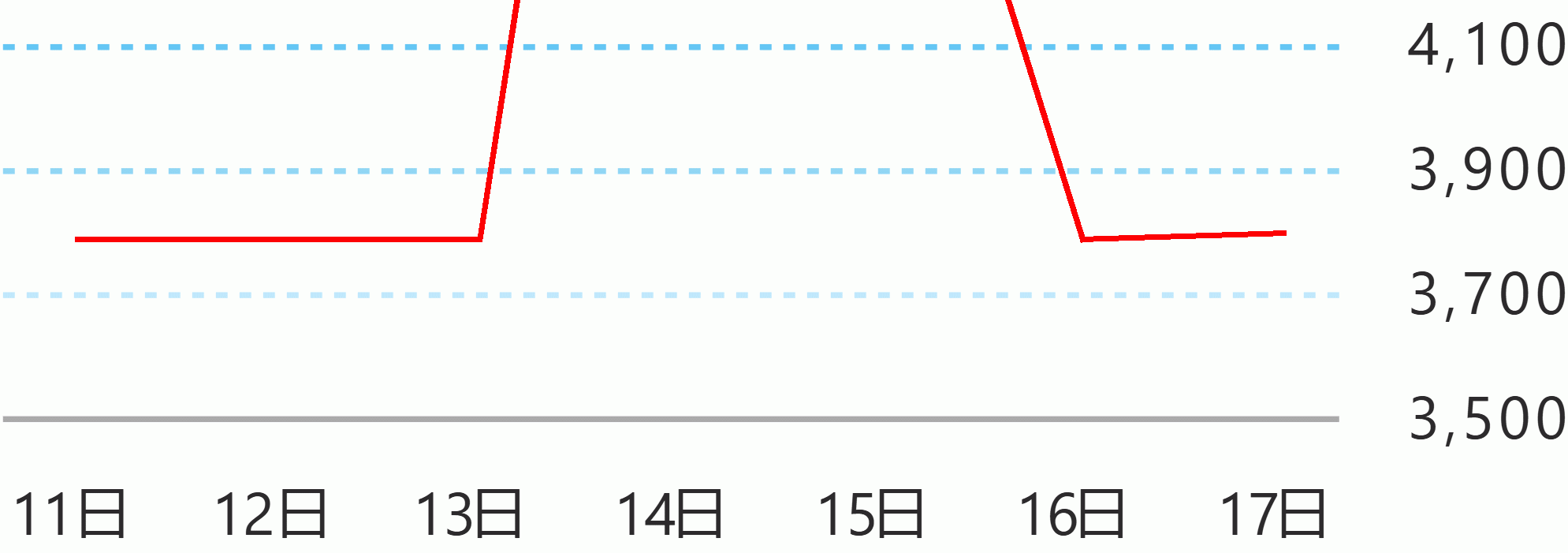The Departments of Finance (DOF) and of Health (DOH) are making a final push for the outgoing Congress to further raise "sin" taxes on tobacco and alcohol to close a cumulative funding gap estimated at around P426 billion over the next five years for the full and proper implementation of the Universal Health Care (UHC) program.
Finance Secretary Carlos Dominguez III said at a joint press briefing with Health Secretary Francisco Duque III that the approval by the 17th Congress of higher excise taxes on tobacco and alcohol products will provide the government with the means to curb vices and undesirable behavior, while at the same time generate the revenues necessary to fully fund the UHC, which will require as much as P1.44 trillion combined from 2020 to 2024.
President Rodrigo Duterte signed the UHC program into law last February to ensure a better, healthier life for Filipinos, which is in step with his agenda to build a healthier nation and improve living standards nationwide.
Duque said at the joint media briefing that the reforms provided under the UHC Law will ensure health insurance coverage and expand benefit packages particularly for outpatient consultation and outpatient medicines for all Filipinos.
But government funds are not enough to fulfill the financing requirements beginning 2020. Thus, the urgent need for the Congress to write a new "sin" tax reform law.
Dominguez said that from 2020 to 2024, all current sources of government funding can cover UHC at around P200 billion annually, while the cost of the program will continue to grow to as much as P1.44 trillion during the same period.
In 2020?the first year of UHC’s implementation?the program is estimated to cost P258 billion, which the government can cover from its current funding sources from the national budget, the Philippine Amusement and Gaming Corp. (PAGCOR) and the Philippine Charity Sweepstakes Office (PCSO) in the amount of P195 billion. Without “sin” tax reform, UHC will be left with a funding shortfall of around P62 billion, Dominguez said.
The new set of excise tax rates jointly proposed by the DOF and DOH backs the proposal of Sen. Emmanuel Pacquiao under Senate Bill (SB) No. 1599 to increase the current uniform excise tax rate on cigarettes and other tobacco products from P35.00 to P60 per pack in the first year of its implementation and an additional 9 percent per year thereafter.
Aside from tobacco products, the DOF and DOH are likewise asking the Congress to increase excise taxes on alcohol to at least P40 per liter and impose a unitary tax system on fermented liquors.
Without adjusting the current sin taxes to at least the rates proposed by Pacquiao, Dominguez said the cumulative funding gap by 2024 will reach P426 billion.
“If we do not establish new sources of revenue, we will not have enough funds to properly, fully implement Universal Health Care and ensure a better quality of life for all Filipinos,” Dominguez said.
Without a new sin tax reform law and at current premiums, members of the Philippine Health Insurance Corp. (PhilHealth) will continue to be covered for only 18 primary care drugs and seven conditions while shouldering 90 percent of the cost of prescribed medicines.
But if the current Congress gets to pass the law before it adjourns in June, PhilHealth coverage will expand to cover 120 drugs and there will be no limit on primary care treatment. DMS





 English
English









